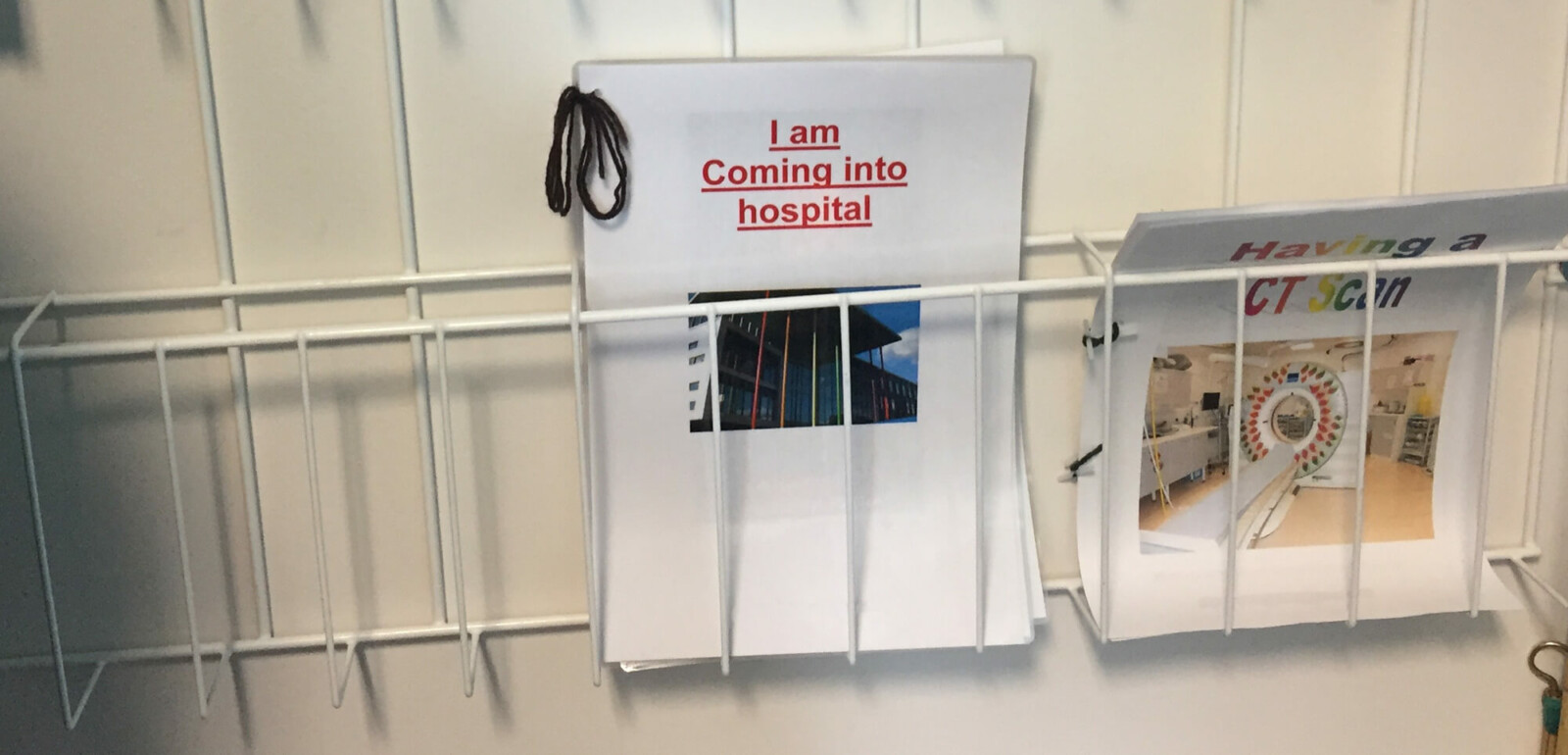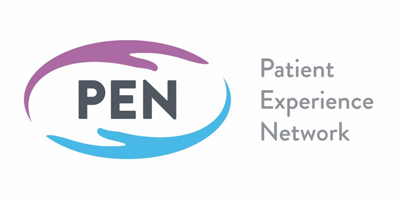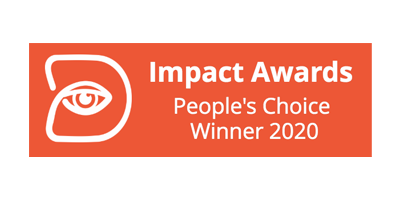Why Xploro?
The lack of adequate, age-appropriate information for pediatric patients undergoing complex medical treatment has an impact on both clinical outcomes and procedural efficiency. Read how we identified the problem and how we plan to fix it.

The problem
In November 2011 Xploro founder Dom Raban received the heartbreaking news that doctors had diagnosed his 13-year-old daughter, Issy, with Ewing’s Sarcoma, a rare bone cancer.
She has since made a full recovery and as a young adult, is now cancer-free but when she was ill nobody told her what to expect and that made her feel scared, anxious and alone.
She was resistant to treatments because their purpose wasn’t explained to her and she feared new hospital environments because she didn’t know what to expect. The long-lasting effect on Issy is that now she is reluctant to engage with health services.
But this problem isn’t unique to Issy. Across the board, provision of information preparing pediatric patients for hospitalization is poor. The few resources healthcare settings have, such as books and leaflets, become worn out quickly and are costly to replace.
From 'Distress in The Radiology Waiting Room', Nicole Flory, Elvira Lang.Untreated distress not only has its human toll for the patient but also considerably taxes departmental resources in terms of appointment cancellations, patients’ lack of cooperation, extended room times, increased medication use, prolonged recovery, and inability to complete imaging procedures well or at all, with adverse impact on both image quality and reimbursement.
Published in the Journal of the Radiological Society of North America, 2011.
The evidence
Research shows that when children lack proper information about healthcare procedures and have poor health literacy, they feel more anxious and stressed. These feelings can persist over time, affecting their ability to engage effectively with healthcare services and leading to negative impacts on health outcomes.
When children lack the right knowledge, they’re more likely to face behavioral and psychological challenges beyond just medical concerns. This can have a negative effect on their overall adjustment at home and in school.
Children often experience emotions like anger, guilt, fear, and sadness when they find out about upcoming hospital visits or medical procedures. Their sense of losing control and not having age-appropriate information makes them even more susceptible to these intense emotions compared to adults.
This is especially noticeable where children need to undergo complex medical procedures like radiological scans and blood tests. These procedures can be particularly intimidating for young patients visiting hospitals.
For children dealing with long-term health conditions, who frequently interact with healthcare providers to manage their conditions, the clinical procedures and interventions can become the most dreaded aspect of their illness.
Lack of preparedness for procedures doesn’t just impact the patient’s mental health and long-term health outcomes. When patient’s aren’t emotionally prepared for procedures this can result in procedures having to be repeated, longer appointment times, greater need for pre-procedural sedation, reduced adherence to medicine regimes and an increase in missed appointments – all of which considerably increase the cost burden on health services.
The solution
Xploro is a disease agnostic and clinically-validated patient education platform that uses augmented reality, gameplay and an artificially intelligent Avatar Guide to deliver health information to young patients, reducing the stress and anxiety associated with hospitalization, improving health literacy and fostering better engagement with health services.
We started with children with cancer, but we’re building a health information platform for any patient, of any age, with any condition, anywhere in the world.






